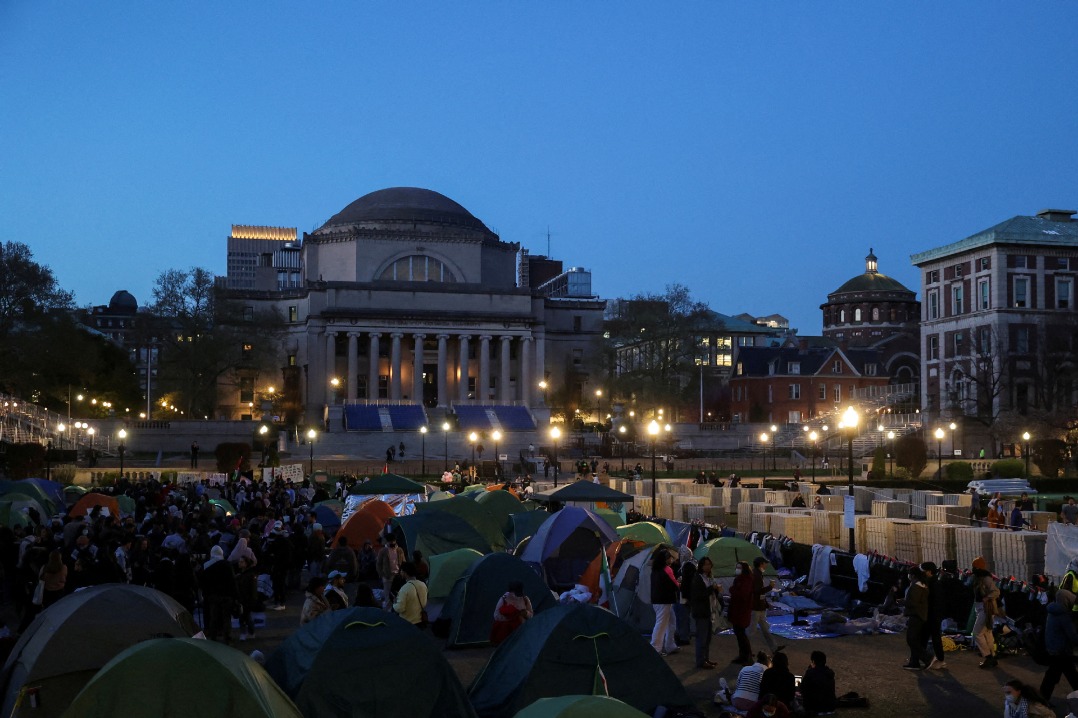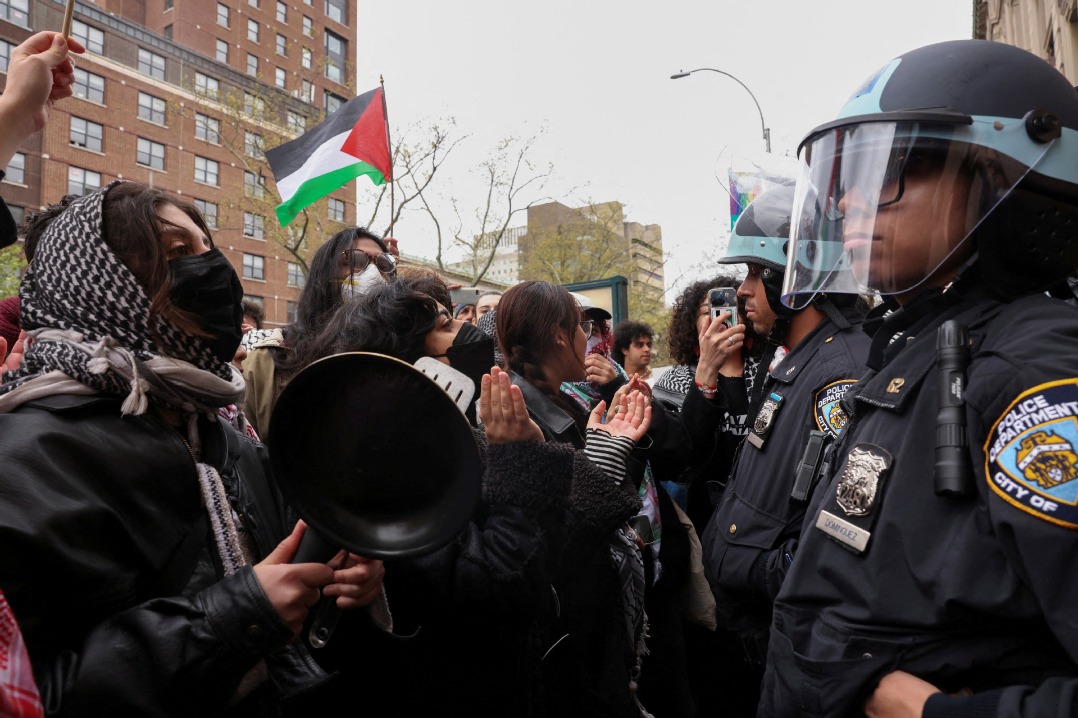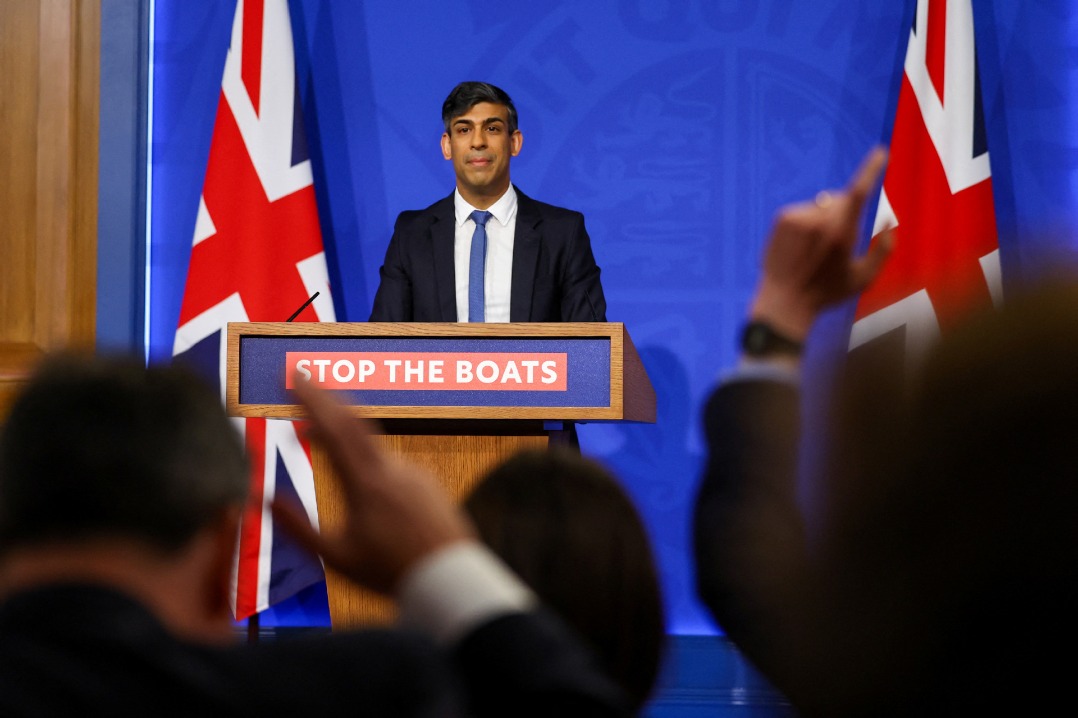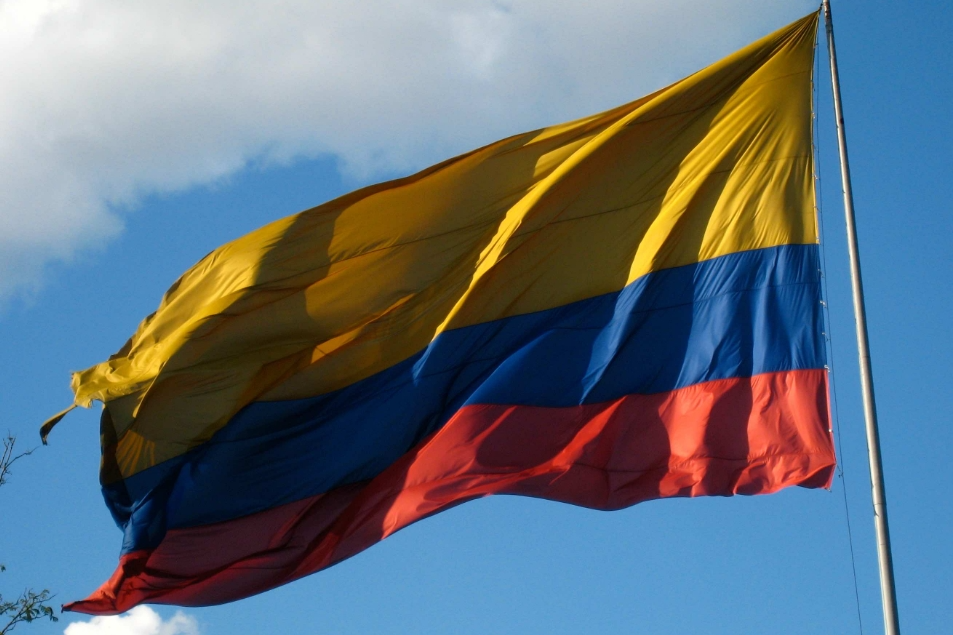Local elections first big test for British PM after her snap general election


LONDON - Millions of people in towns and cities across England were voting Thursday in what is seen as a litmus test of the big political parties.
The elections in 150 council areas could see the political governance in a number of key areas, including several London boroughs, change hands.
Almost 4,400 seats in town hall councils are being contested in what is the first big test since last year's snap general election which saw Prime Minister Theresa May lose her majority in the House of Commons.
May and her husband Philip were among the early voters to cast their votes at a Westminster polling station in London.
Political commentators are predicting that the main opposition Labour Party, under its leader Jeremy Corbyn, will gain seats from the Conservatives in some of the 32 London boroughs.
The Daily Telegraph reported that Labour is expected to take control of a number of councils from the Conservatives in Thursday's election - including the flagship City of Westminster council.
Labour is already in control of 21 London boroughs, with some pollsters predicting the Conservatives could lose as many as 100 seats across the British capital.
In a number of towns where pilot schemes are taking place for the first time, voters are only being allowed to vote if they produce photo id cards, such as driving licences or passports.
The trial, introduced by the government, could pave the way for voter ID being extended across the country for future elections, but the scheme has been heavily criticised.
Elections expert Stuart Wilks-Heeg, a visiting research fellow at the University of Manchester described the voter ID trial as "a solution in search of a problem".
In British elections voters are traditionally not asked to produce any form of identification, with very few instances of election fraud.
- Brexiteers deny move against May
- Blow for PM May as MPs back Britain staying in EU customs union
- EU demands permanent exemption from US steel tariffs
- British Home Office wrongly accuse thousands of foreign students of visa tests fraud: report
- Britain warns of fresh Middle East conflict over alleged Iran nuclear program



































